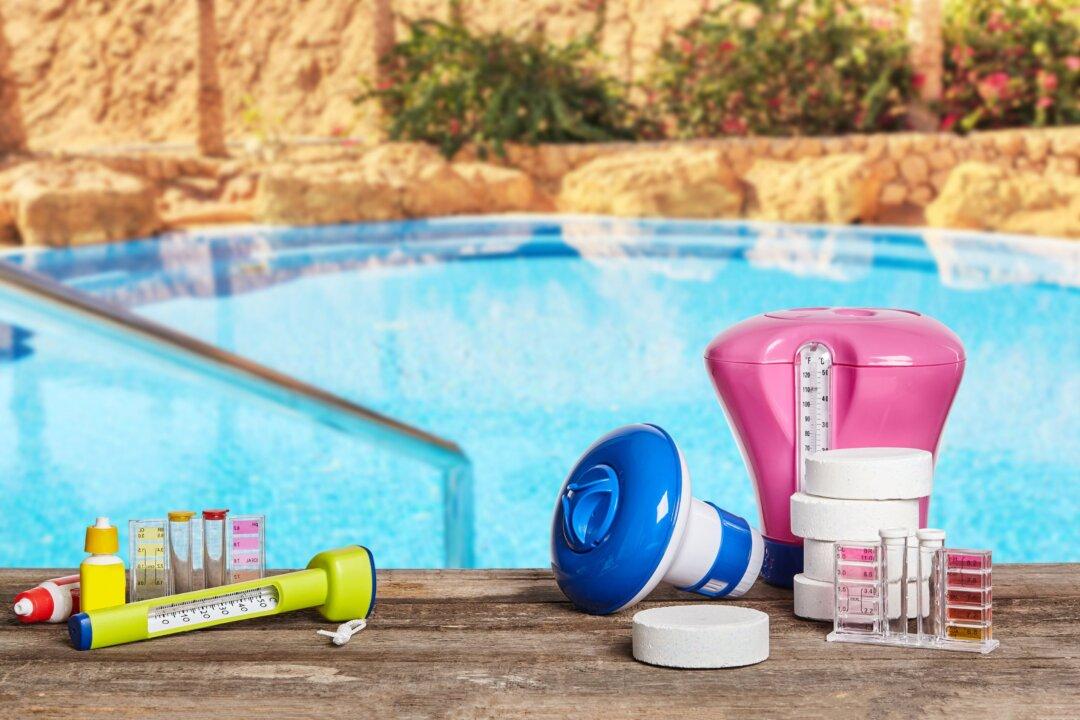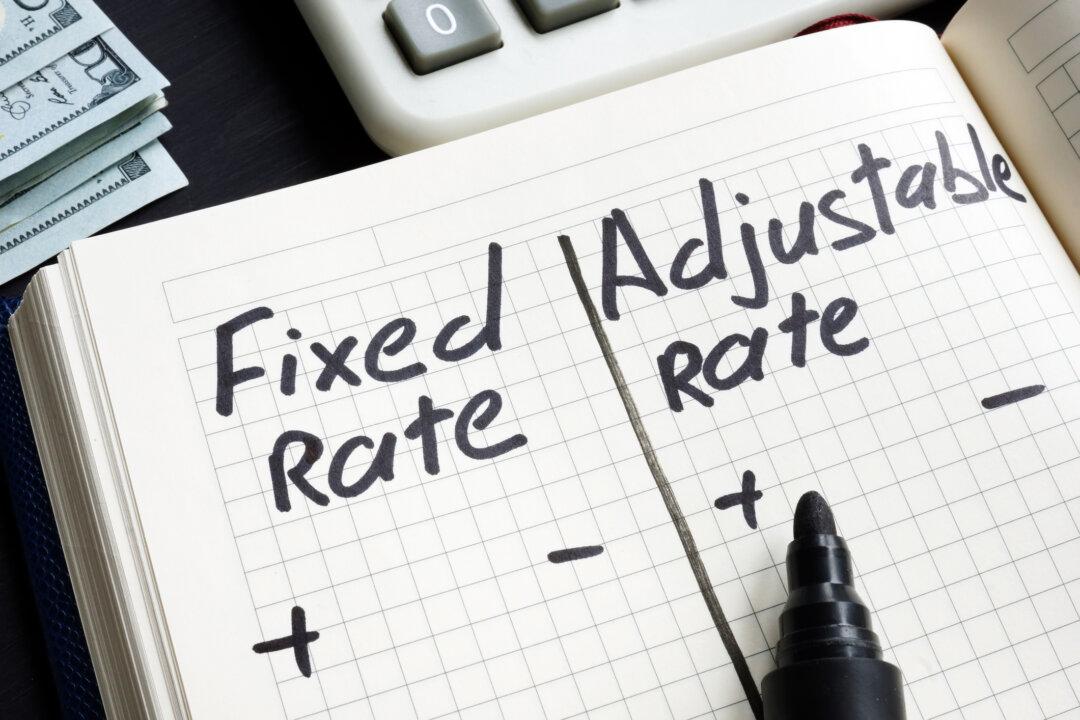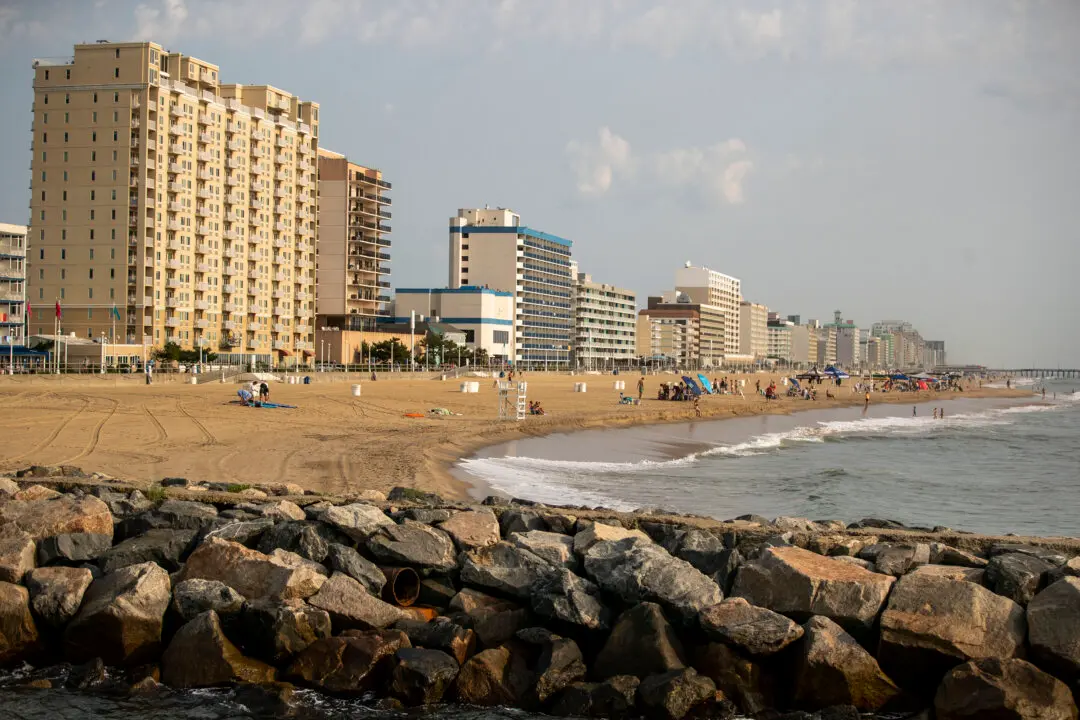As summer dawns, your pool’s sparkling waters no doubt beckon. But before you dive in, it’s important to awaken your pool from its winter slumber with a few small preparations. You can handle many of these tasks yourself, but a professional pool maintenance company can take care of the job quickly and efficiently. You'll pay around $300 for a one-time opening and about $125 for regular maintenance visits. Pool upkeep costs may seem high, but it’s a vital part of protecting your investment and your family’s safety. A professional’s expertise is well worth the money.

Staying cool in your pool all summer will be a breeze, provided you give it the proper maintenance. Dreamstime/TNS
|Updated:





